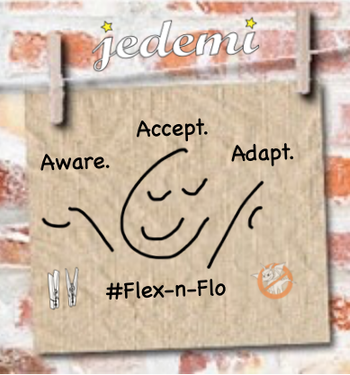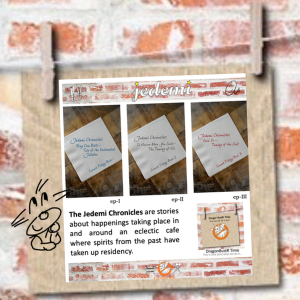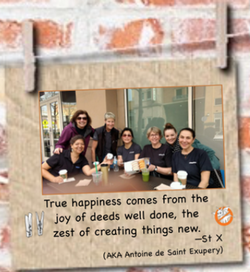Funny, I was zipping through some email newsletters I get when I stumbled upon a common theme: Storytelling.
Om Malik, in a post titled “Why data without a soul is meaningless,” had some interesting points about the use of data:
“The problem with data is that the way it is used today, it lacks empathy and emotion.”
The idea of combining data, emotion and empathy as part of a narrative is something every company “old, new, young and mature” has to internalize. If they don’t, they will find themselves on the wrong side of history.
He referenced something said by Sean Gourley, co-founder of Quid:
“Data needs stories, but stories also need data. Data, when its put up in front of you as a number, it gets stripped of the context of where the data came from, the biases inherent in it, and the assumptions of the models that created it.”
Malik remarks, “The symbiotic relationship between data and storytelling is going to be one of the more prevalent themes for the next the few years, starting perhaps inside some apps and in the news media.”

So yeah… making connections through stories and being smart about how you use data is key.
The other notable post was one from Knowledge@Wharton that was an interview with Wharton marketing professor Jonah Berger’s new book, Contagious: Why Things Catch On, he identifies six principles that cause people to talk about and share an idea or product.
Digging STEPPS
Knowledge@Wharton: In the book, you actually outline a framework of six principles for why things catch on, using the STEPPS acronym. Can you describe those for us and discuss how you developed them?
Berger: The books talks about the six key steps to drive people to talk and share. STEPPS is an acronym for:
Social currency: It’s all about people talking about things to make themselves look good, rather than bad
Triggers, which is all about the idea of “top of mind, tip of tongue.” We talk about things that are on the top of our heads.
Ease for emotion: When we care, we share. The more we care about a piece of information or the more we’re feeling physiologically aroused, the more likely we pass something on.
Public: When we can see other people doing something, we’re more likely to imitate it.
Practical value: Basically, it’s the idea of news you can use. We share information to help others, to make them better off.
Stories, or how we share things that are often wrapped up in stories or narratives.
Think about what makes people feel emotion or what makes them think something is remarkable, and then build that into your product or idea.
Both of these posts are worthwhile reads and great ponderables for anyone who is responsible for getting a product or service noticed.
###

















Speak Your Mind